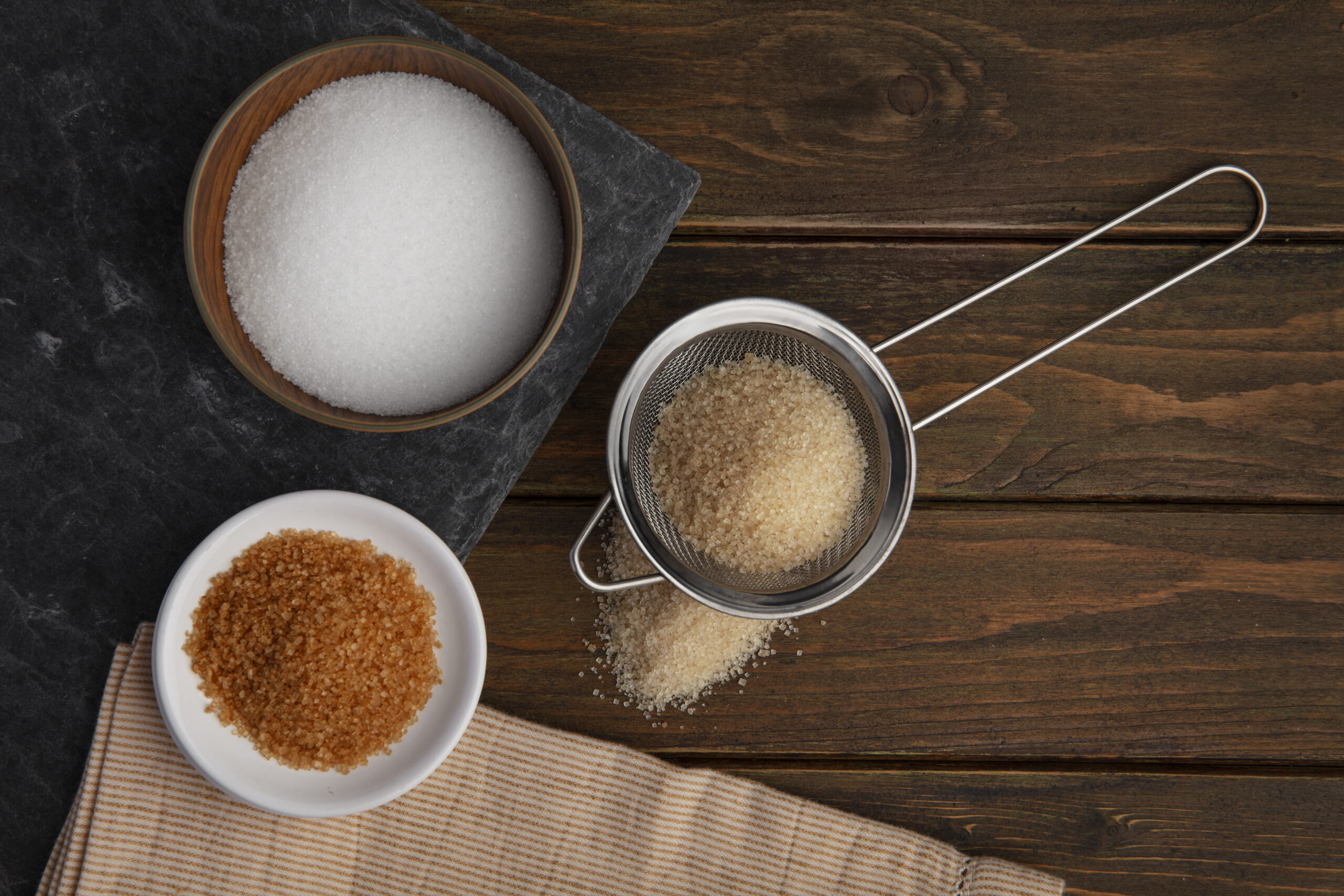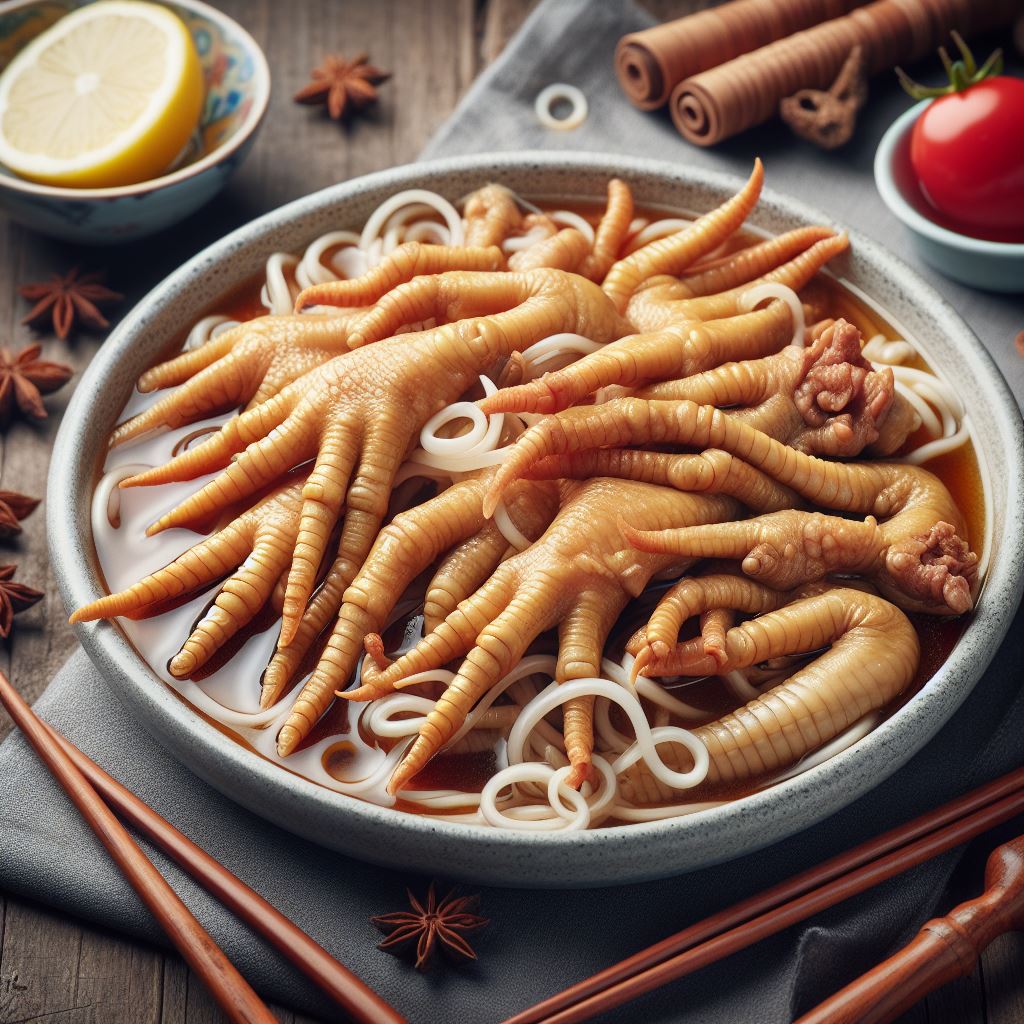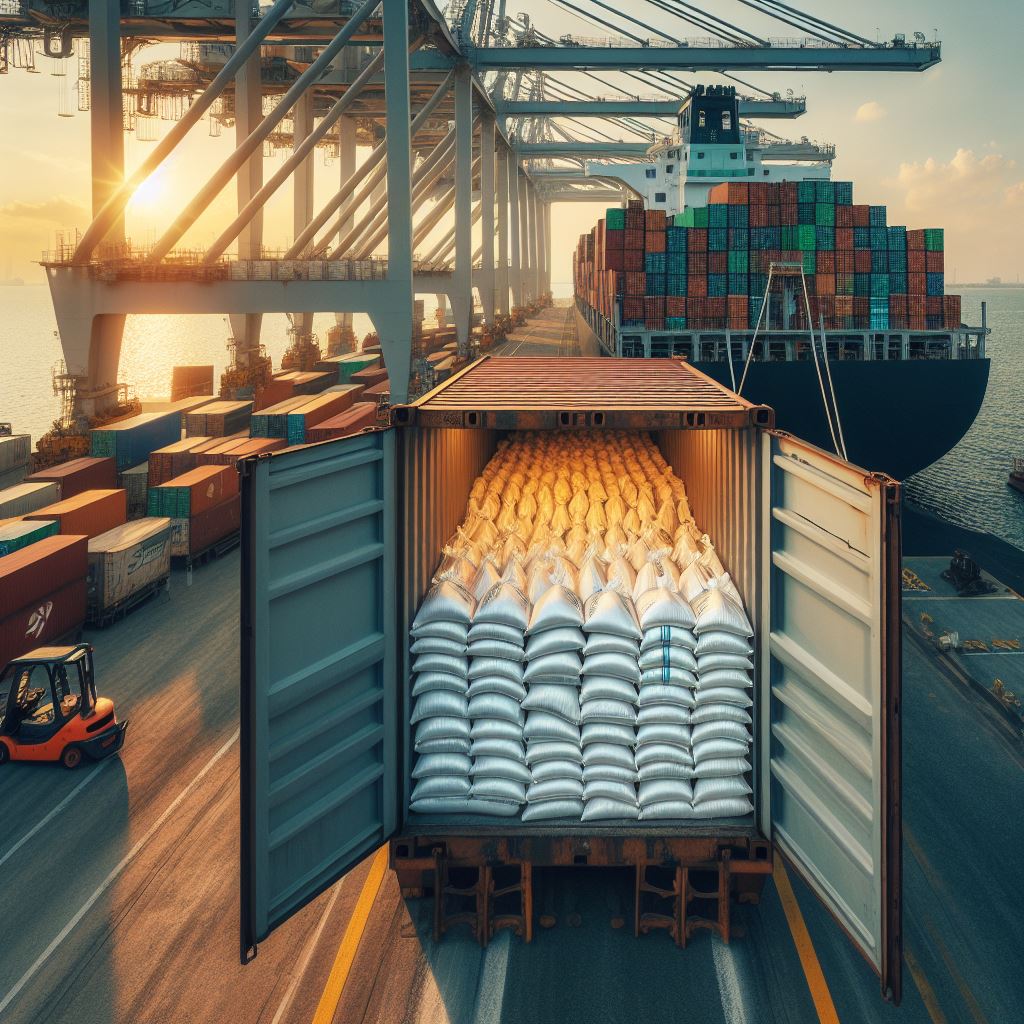SPECIALTY COFFEES – from Brazil to the World!

Contents
THE LARGEST COFFEE PRODUCER IN THE WORLD IS BRAZIL
The world’s largest producer and exporter of coffee, Brazil is also advancing in the specialty coffee sector and becoming popular on the international market. Monthly report from the Coffee Exporters Council (Cecafé) shows that exports of the differentiated product – which has superior quality or some type of certificate of sustainable practices – reached a volume of 4.9 million bags of 60 kilos, with an average price of US $192.80. In other words, a value 25% higher than that of green coffee, which is attracting more and more producers.
The International Coffee Organization reported that global coffee consumption reached 170 million 60 kg bags in the 2021/22 harvest. This is clear proof that the global coffee market is expanding and that the consumption of specialty coffees is also growing rapidly.
Of the 60 million bags produced in 2022, a total of 10 million were specialty coffees. They are grains free of impurities and have different sensory attributes that add value to the product. Furthermore, they must have certified traceability and comply with environmental, economic and social sustainability criteria at all stages of production.
For coffee to be classified as specialty, it must score more than 80 points on the Specialty Coffee Association’s 100-point scale.
According to the survey, Brazilian specialty coffees are currently consumed in 122 countries and the United States alone was responsible for importing more than 1 million bags, between January and October. But interest in Brazilian production has spread throughout the world and Japan is today the second largest importer of this product, with the purchase of 735.3 thousand bags, followed by Italy (559.1 thousand), Germany (554.8 thousand) and Belgium (511.1 thousand)
History of Brazilian Specialty Coffee
According to recent research by the Postgraduate Program in Administration at the Federal University of Lavras (UFLA), it was coffee quality competitions that opened doors for the development of specialty coffees in Brazil.
The research points to the Cup of Excellence (COE), one of several annual specialty coffee competitions in the country, organized by the Brazilian Specialty Coffee Association (BSCA) in partnership with the Brazilian Export and Investment Promotion Agency (Apex-Brasil) . and the Alliance for Coffee Excellence (ACE).
Held annually since 1999, it was with the creation of competitions such as the COE, that the construction of a quality standard for specialty coffees began. And it is precisely the selection, production and processing criteria that make a coffee a special Brazilian coffee. Until the 1990s, the country had a negative image as a producer of low-quality coffee.
Today Brazil is one of the main suppliers of quality coffee in the world, with specialized producers and exclusive products for extremely demanding buyers. According to the research, it was through the construction of a quality standard that guides the analysis of samples in competitions that the notion of specialty coffee was formed in Brazil.
Regions producing Special Coffee in Brazil
Minas Gerais – is responsible for around 50% of national production and is one of the main sources of specialty coffees in the country. Almost 100% of the plantations are Arabica coffee, grown in four producing regions: Sul de Minas, Cerrado de Minas, Chapada de Minas and Matas de Minas.
Espírito Santo – is the second largest state producer of coffee in the country and the main producer of Canephora, however it stands out for producing regions of high quality coffee, which has already won some awards for producers such as Coffee of the Year, an important special coffee competition in the country .
São Paulo – exclusive production of Arabica, in the Mogiana and Central-West regions of São Paulo, which alternates farms with small properties and produces special coffees in specific areas.
Bahia – has two coffee producing regions: Planalto da Bahia and Cerrado da Bahia, where Arabica is grown. The Chapada Diamantina region is an important producer of specialty coffees and the municipality of Piatã has already won the Cup of Excellence
Paraná – the only production of Arabica coffee, varieties suitable for the colder climate of the region. It has stood out for the production of specialty coffees from Norte Pioneiro, which has already received IGP certification. (Geographical Indication of Origin), which guarantees the origin, production processes and some sensory characteristics of Pioneiro do Norte coffees.
Wholesale coffee: where to buy wholesale coffee?
Purchasing high-quality coffee beans in bulk is crucial for any business in the coffee industry, whether you own a coffee shop, roaster or retailer. The quality of the grains you purchase directly impacts the flavor and aroma of your final product, affecting the satisfaction and loyalty of your customers.
In this guide we present more than 50 COFFEE EXPORTING COMPANIES so you can buy wholesale coffee directly from Brazilian roasters, exporters and specialized cooperatives.
Download the BRAZILIAN COFFEE EXPORTER’S GUIDE and have the following objectives:
1 – Access more than 50 exporters immediately and schedule visits, request samples or start a negotiation
2 – Avoid falling into the hands of scammers. On the internet there are many fake websites, fake sellers specialized in deceiving less experienced importers.
3 – Save time and money researching coffee exporters, go straight to the source
4 – Avoid falling into the hands of scammers. On the internet there are many fake websites, fake sellers specialized in deceiving less experienced importers.
5 – You will find exporters of: green coffee beans, roasted coffee beans, powdered coffee, soluble coffee, coffee capsules, coffee blends, personalized packaging and much more
DOWNLOAD THE GUIDE TO READ ON YOUR PHONE, TABLET OR COMPUTER!
Related
Related Post

GUIDE FOR SUGAR BUYERS: How to buy with Melo Commodity – Brazil
Mello Commodity is a renowned company in the commodities market, specializing in the sale of [...]
Surge in Chinese Imports of Chicken Feet: Brazil Back on Top
In a surprising turn of events, the international market for chicken feet has witnessed Chinese [...]

